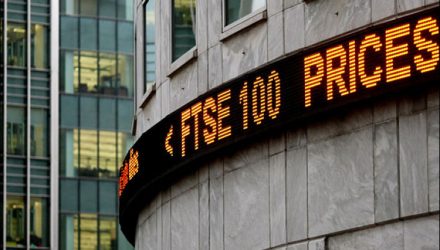Investors concerned about increased volatility surrounding the Russell rebalance day should not be to discouraged as experts from the Chicago Board Options Exchange, or CBOE, recently found that average daily closing volatility in the Russell 2000 in June ranks eighth out of the 12 months of the year, with the greatest volatility historically in the October month.
“We have implemented a series of enhancements to our Russell US Indexes methodology over the years to increase transparency and reduce volatility. Our annual index reconstitution approach, in particular, is designed to limit market volatility around what is traditionally one of the highest volume market events of the year on the US equity exchanges,” Ron Bundy, CEO – North America Benchmarks, FTSE Russell, said in a note.
Small-caps were also rather unfazed by the FTSE Russell rebalance day, with iShares Russell 2000 ETF (NYSEArca: IWM) and other small company stocks leading other market-cap asset categories on Friday.
IWM tries to reflect the performance of the benchmark Russell 2000 Index. The small-cap ETF includes a hefty tilt toward financials 18.6%, information technology 18.2% and health care 14.2%. Top components include Advanced Micro Devices 0.6%, Take Two Interactive Software 0.4%, Chemours 0.4%, XPO Logistics 0.3% and Coherent Inc 0.3%.
While small-caps have recently picked up speed, with IWM up 2.2% over the past month compared to the 1.9% gain for the S&P 500, the small-cap ETF has underperformed its larger peers so far this year. IWM rose 4.1% year-to-date, compared to the S&P 500’s 9.8% increase. Nevertheless, small-caps remain a good long-term play as company size has been a historically and academically proven positive factor when choosing investments.
“Small-cap stocks tend to be riskier and less profitable than mid- and large-cap stocks because they have less-established competitive advantages and they’re more sensitive to the business cycle,” Morningstar analysts Adam McCullough said in a research note. “But small-cap stocks may compensate investors with higher return potential. Over the very long term, small-cap stocks have, in fact, generated higher returns than their larger counterparts, but they can experience decade-long stretches of underperformance. And the effect is even smaller in foreign markets.”
